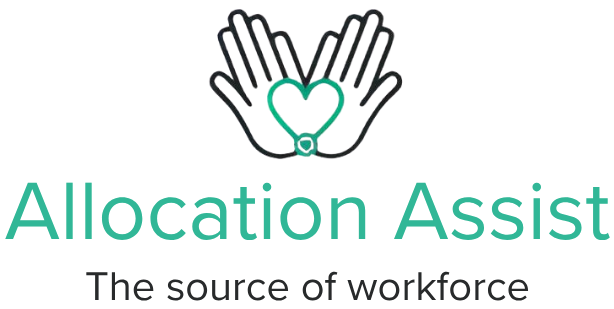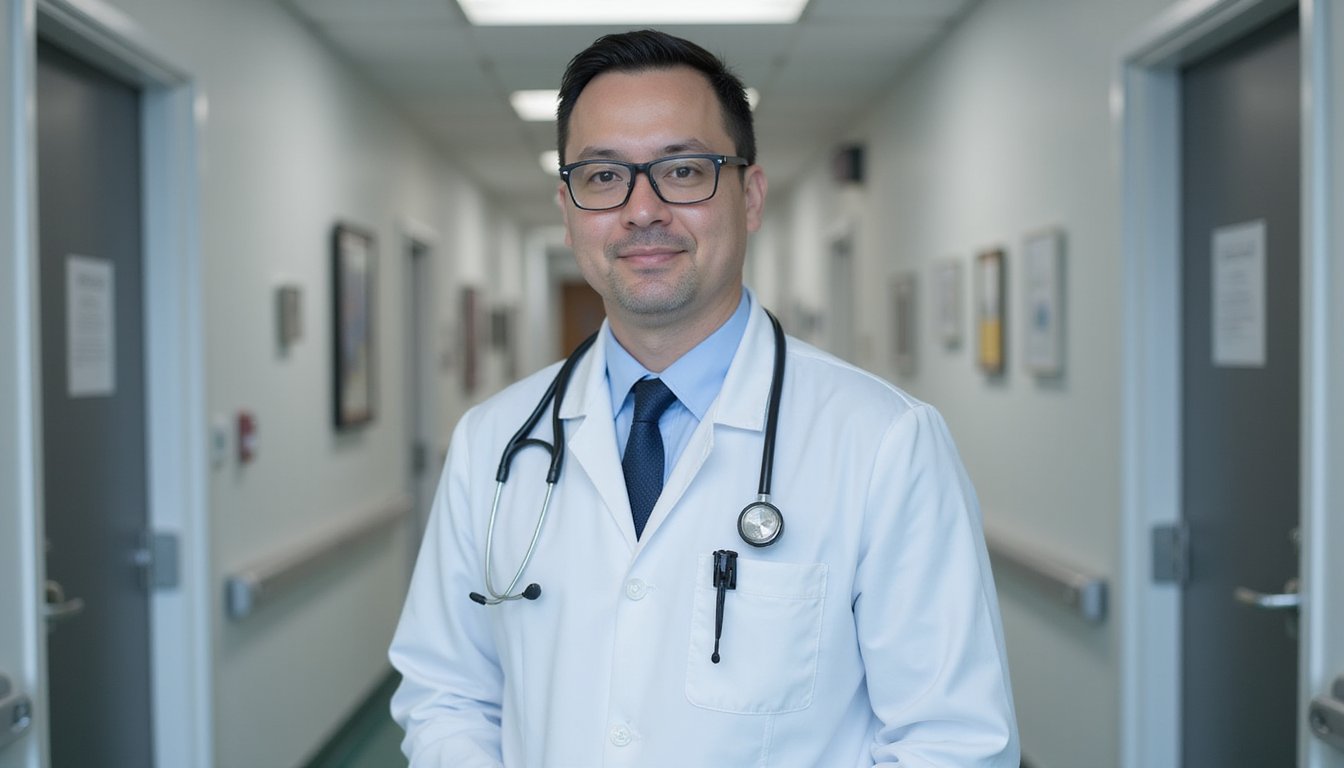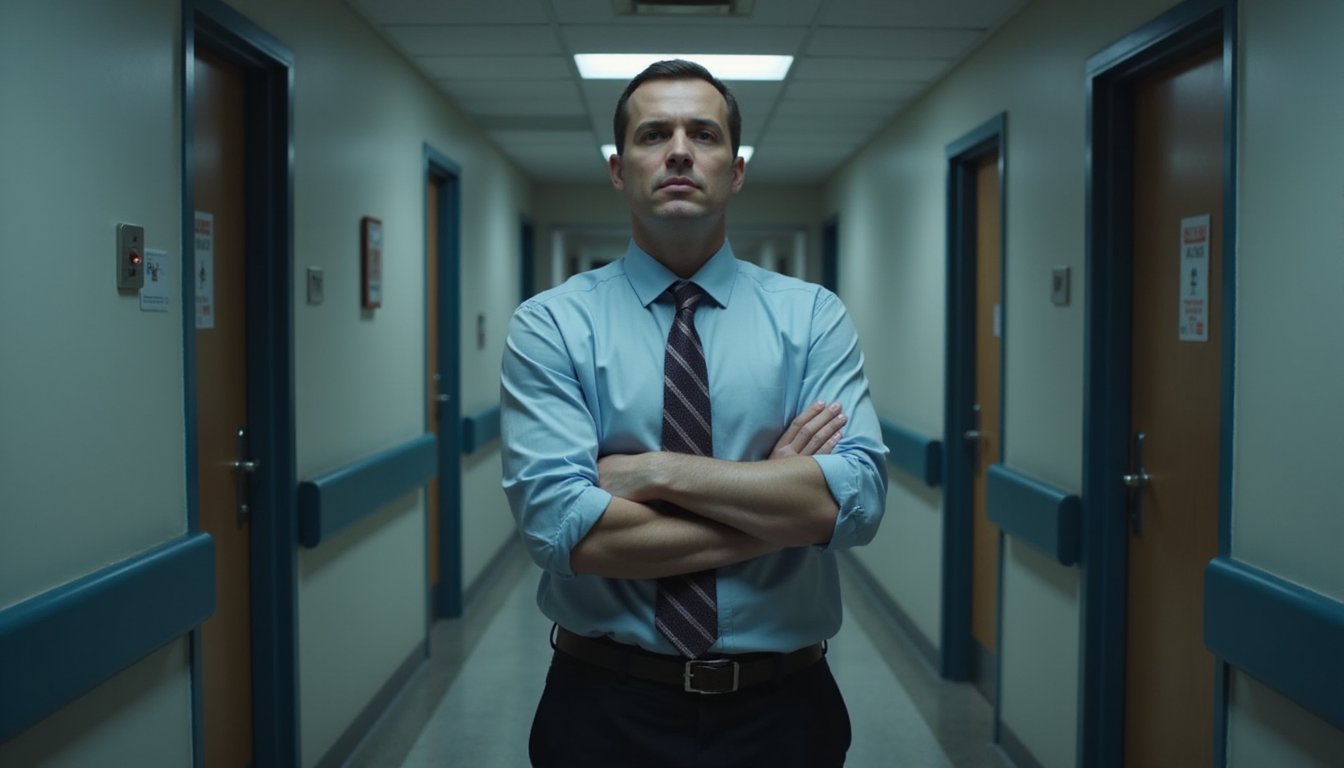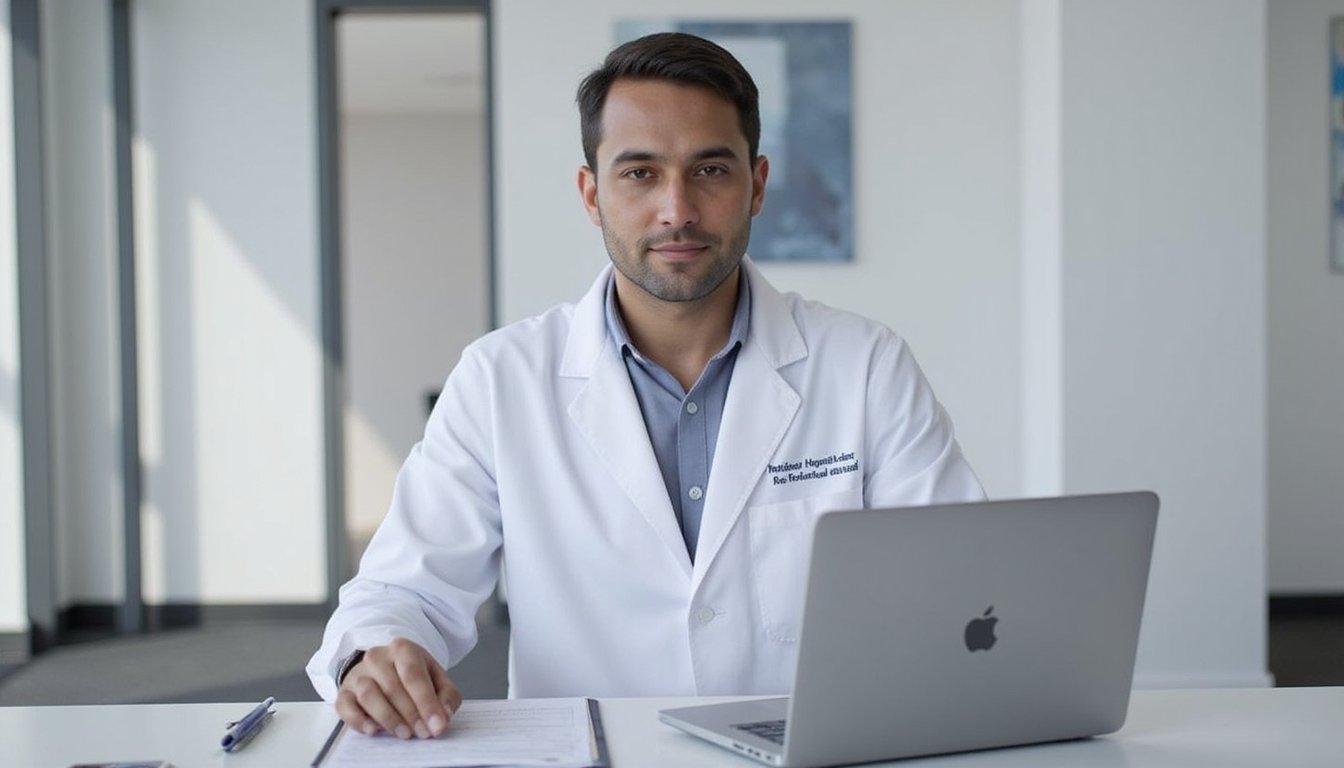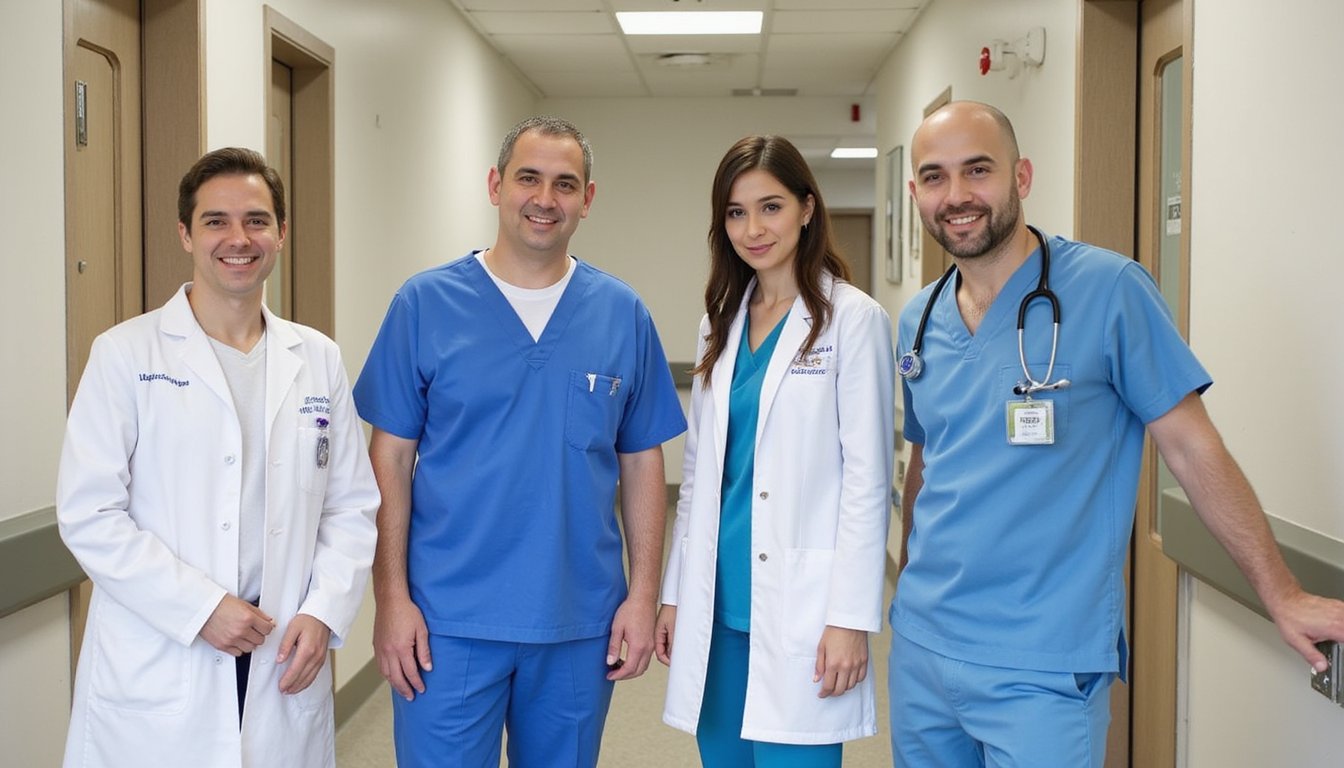Dubai’s healthcare system sets itself apart through a sophisticated two-tier model, serving both Emiratis and expatriates with world-class care. You’ll find state-of-the-art facilities across Dubai Healthcare City’s 480 registered centers, featuring AI-driven treatments and robotic surgeries. The system attracts over 630,000 medical tourists annually, backed by JCI accreditation and digital integration. Dubai’s commitment to research and innovation through partnerships and funding initiatives positions it as the Middle East’s premier healthcare hub.
A Tale of Two Healthcare Tiers: Emiratis and Expats
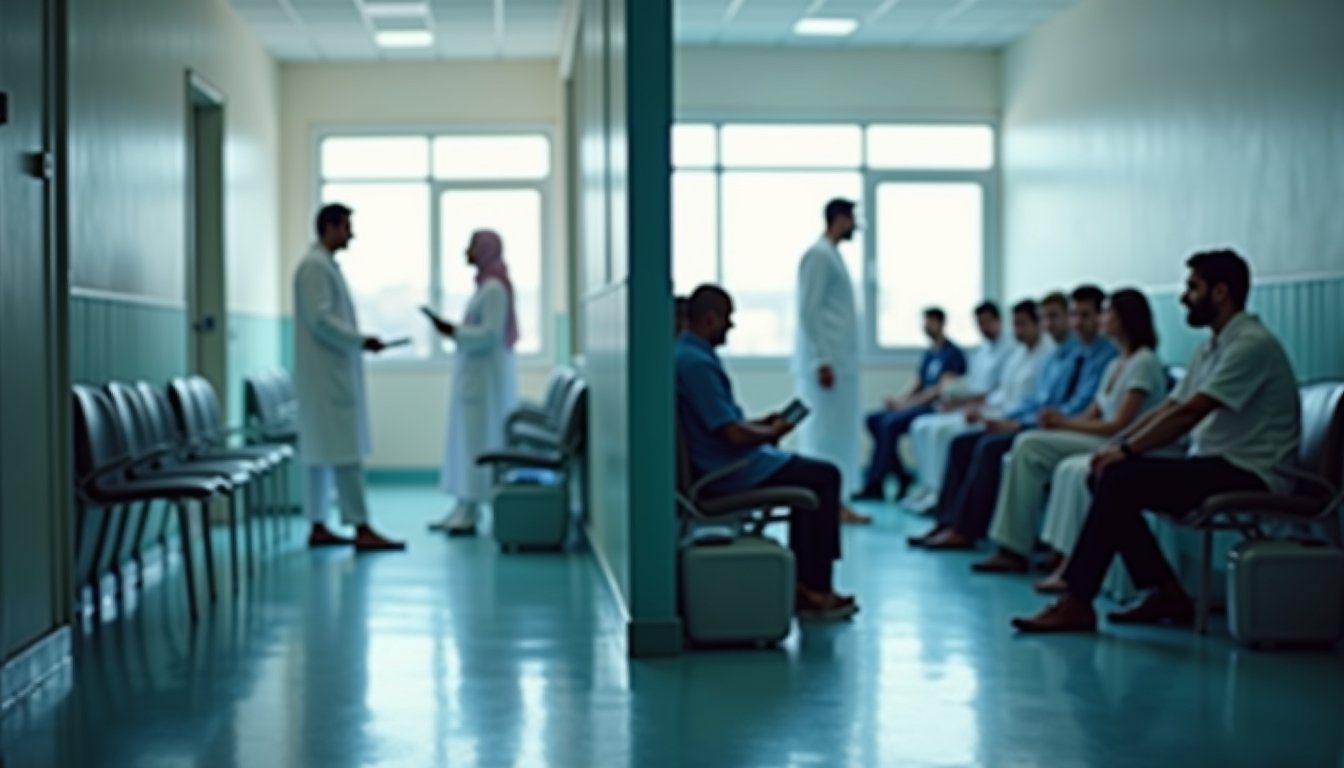
While Dubai’s healthcare system maintains high clinical standards across both public and private sectors, it operates as a distinctly two-tiered structure that creates significant disparities between Emiratis and expatriates.
You’ll find Emirati privileges clearly reflected in their access to fully funded public healthcare, with minimal out-of-pocket costs and priority treatment. In contrast, expat challenges include mandatory private insurance requirements, higher premiums, and limited access to public facilities. Though public hospitals maintain quality standards comparable to private institutions, expats face substantial barriers including bureaucratic hurdles, language obstacles, and extended wait times for specialist care. The quality of care remains consistently high, with state-of-the-art equipment and highly qualified medical professionals throughout both sectors. Expatriates who fail to maintain adequate health insurance coverage face monthly fines of 500 AED.
This divide is further emphasized by usage patterns, with Emiratis primarily utilizing public services while expats, who make up the majority of Dubai’s population, rely heavily on the private healthcare sector. The private sector offers expats access to English-speaking professionals and advanced medical technology, making it a more practical choice for their healthcare needs.
State-of-the-Art Medical Facilities and Technology
Beyond the two-tiered system, Dubai’s medical infrastructure showcases remarkable technological advancement and specialization across both public and private sectors. You’ll find cutting-edge facilities within the Dubai Healthcare City’s 22 million square feet, where telemedicine advancements and robotic surgeries have become standard practice across 480+ registered facilities. The healthcare sector’s significant growth is driven by an expanding population that grew from 9.3 to 10.1 million between 2016 and 2022. The introduction of a USD 500,000 AI robot for hair transplants demonstrates Dubai’s commitment to innovative medical solutions.
The emirate’s commitment to excellence is evident through:
Dubai’s unwavering dedication to medical excellence drives continuous advancement in healthcare infrastructure and specialized services across the emirate.
- Rapid expansion of JCI-accredited facilities from 39 to 214 in just nine years
- Integration of specialized centers like C37, UAE’s first private medical workspace, revolutionizing flexible healthcare delivery
- Advanced diagnostic capabilities supporting complex procedures, with facilities performing over 5,600 procedures annually
This robust infrastructure, backed by AED 1.03bn investment in DHCC Phase 2, positions Dubai as a regional leader in healthcare innovation and specialized medical services.
Leading the Region in Medical Tourism Excellence
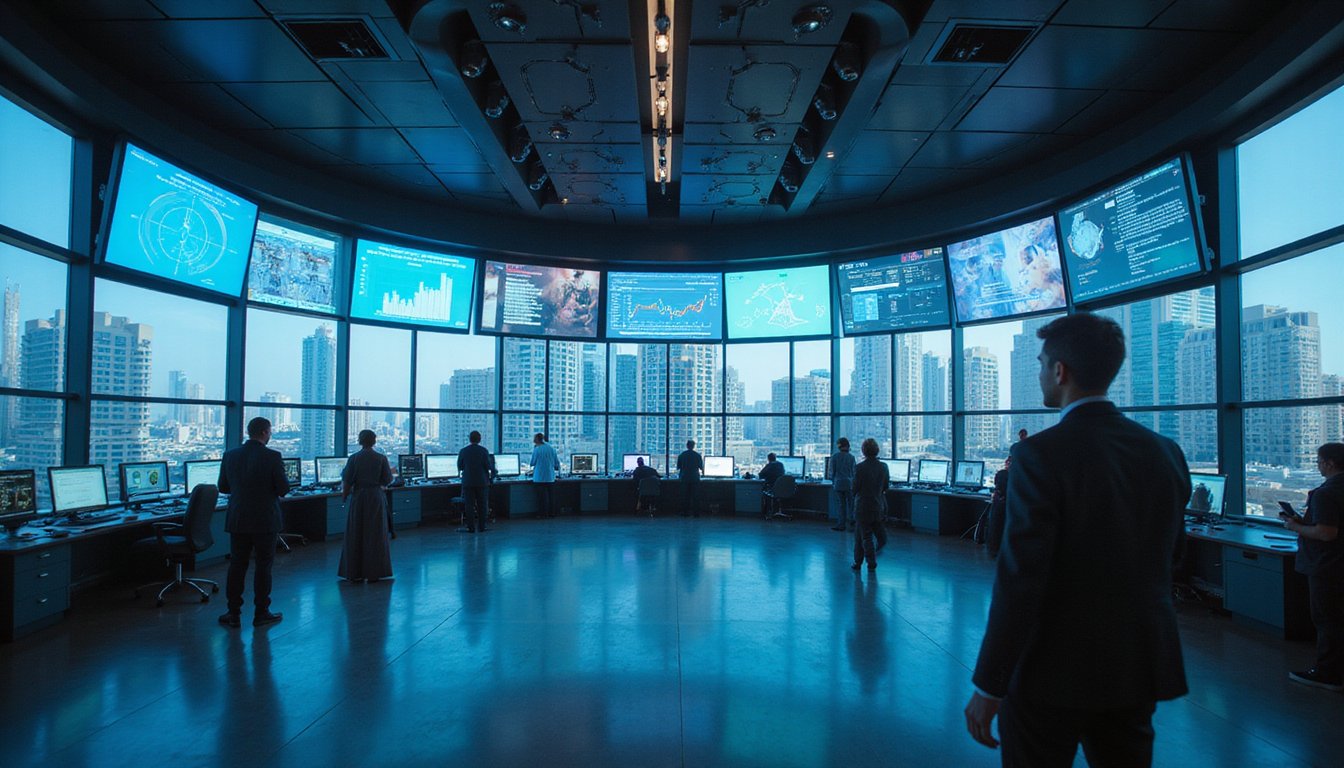
As Dubai solidifies its position as the Middle East’s premier medical tourism destination, the emirate’s remarkable growth is evidenced by its 630,000+ international patients in 2023 and projected USD 7.5 billion market value by 2026.
You’ll find Dubai’s medical tourism success stems from its strategic integration of healthcare excellence with tourism infrastructure. The Dubai Health Experience (DXH) streamlines your patient experience by coordinating travel, accommodation, and treatment logistics. With 85% of medical tourists citing advanced technology as their primary draw, Dubai’s flagship institutions like Cleveland Clinic Abu Dhabi deliver cutting-edge care at competitive rates. The integration of smart health technologies has revolutionized patient care through advanced analytics and predictive healthcare solutions. The emirate’s growing focus on cosmetic surgery and specialized treatments attracts affluent patients seeking premium services. Drawing from its record tourist numbers of 18.72 million visitors in 2024, Dubai leverages its robust tourism sector to enhance its medical tourism appeal.
The emirate’s multilingual staff and international accreditations guarantee you’ll receive world-class treatment in a culturally sensitive environment. Through public-private partnerships and specialized healthcare clusters, Dubai continues to enhance its position as the region’s leading medical tourism hub.
Rigorous Standards and Quality Control Measures
Through its dual regulatory framework, Dubai has established one of the Middle East’s most extensive healthcare quality control systems. You’ll find that DHA’s regulatory compliance measures guarantee both public and private healthcare providers maintain consistently high standards, while MOHAP’s national policies create a unified approach to quality assurance.
Dubai’s commitment to excellence is evident through:
Dubai’s unwavering dedication to healthcare excellence sets new regional benchmarks through comprehensive quality measures and innovative regulatory frameworks.
- Mandatory JCI accreditation for healthcare facilities, making UAE the regional leader in internationally accredited medical centers
- Thorough quality monitoring through regular tracer measures and audits, achieving 81.7% patient satisfaction in primary care
- Strategic alignment with global benchmarks via continuous professional training and international collaborations
These rigorous standards have transformed Dubai’s healthcare sector into a model of excellence, particularly in its public hospitals where standardized care quality meets multicultural needs. The system has historically prioritized healthcare quality more than other GCC nations, with higher safety standards being consistently maintained. The system’s success is further demonstrated by its ability to serve a population where 85% are expats while maintaining exceptional service delivery.
Digital Revolution in Patient Care Management

While transforming regional healthcare delivery, Dubai’s digital revolution in patient care management stands at the forefront of technological innovation. You’ll find the NABIDH EMR system‘s thorough integration with hospitals leading digital health trends, enabling seamless data sharing across facilities and ensuring extensive patient histories are instantly accessible. The implementation of zero-error efficiency protocols in medical departments has significantly reduced procedural mistakes and improved overall care quality. Patient-centric services remain a core focus of Dubai’s comprehensive digital health strategy. Government initiatives like Dubai Health Strategy 2021 have established robust frameworks for digital transformation.
Patient engagement has reached new heights through telemedicine expansion, particularly accelerated by COVID-19, with virtual consultations now integrated into Clinical Information Systems. You’re benefiting from AI-driven diagnostics and predictive analytics that enhance chronic disease management, while real-time patient tracking enables proactive care interventions. With the UAE’s digital health market projected to reach $1.8 billion by 2030 and 80% smartphone penetration, you’re witnessing a healthcare ecosystem that’s deeply committed to technological advancement and data-driven decision-making.
Pioneering Healthcare Research and Innovation
Dubai’s emergence as a medical technology innovation hub stems from strategic partnerships between entities like the Acorn Research AI Healthcare Innovation Lab and the Mohammed Bin Rashid Medical Research Institute. Located in Dubai Healthcare City, the lab represents a significant milestone in advancing value-based healthcare and improving patient outcomes through AI-driven solutions. The government’s Vision 2031 framework guides these technological advancements with clear healthcare development goals. You’ll find these collaborations are transforming healthcare delivery through AI-driven solutions and pioneering research in regional health challenges, supported by AED 300 million in funding from Al Jalila Foundation. The institute’s research targets five major diseases including cancer, cardiovascular disease, diabetes, obesity, and mental health. The city’s research ecosystem particularly excels through its international partnerships, positioning Dubai as a competitive alternative to established medical hubs like Singapore and Germany while attracting global healthcare professionals through initiatives such as the Golden Visa program.
Research Partnerships Drive Growth
As healthcare institutions across the Middle East seek to advance medical knowledge, Dubai has emerged as a pioneering hub for research partnerships and innovation. Through strategic research funding and healthcare collaborations, the city’s medical institutions have created a robust ecosystem that’s driving scientific advancement. You’ll find organizations like Al Jalila Foundation investing AED 28 million in research projects, while partnerships between DHCA and various medical entities strengthen the research infrastructure.
- The Mohammed Bin Rashid Medical Research Institute serves as a central hub, coordinating multidisciplinary research across cancer, cardiovascular disease, diabetes, and mental health
- MBRU’s Biomedical Research Center offers 950m² of advanced research space, attracting global scientists
- Integration with TriNetX’s network connects Dubai’s healthcare sector to 170+ global healthcare organizations, accelerating clinical trial access
Medical Technology Innovation Hub
Building on its research foundations, the Medical Technology Innovation Hub in Dubai stands at the forefront of healthcare advancement in the Middle East. You’ll find DHA’s Innovation Center leading technology integration through specialized labs for AI, robotics, and virtual reality, while supporting healthcare startups through extensive commercialization services.
The hub’s impact is evident in the UAE’s digital health market projections, expected to reach $1.8B by 2030 with a 19.87% CAGR. You’re witnessing a transformation where cross-disciplinary labs merge with collaborative spaces, enabling students, clinicians, and industry partners to develop scalable solutions. Through hackathons and pitch competitions, the hub’s ecosystem drives innovation in personalized medicine, precision diagnostics, and integrated remote care, positioning Dubai as the region’s premier destination for medical technology advancement.
Frequently Asked Questions
What Mental Health Support Services Are Available for Both Emiratis and Expatriates?
You’ll find extensive mental health support through both government and private facilities, despite cultural stigma challenges. You can access the 15 EHS mental health clinics, Al Amal Psychiatric Hospital’s specialized services, or private providers like Priory offering culturally-adapted care. Community outreach programs are increasing awareness and accessibility, while digital solutions, including teletherapy, provide discrete support. Services are available in multiple languages, though insurance coverage remains limited for mental health treatments.
How Does Dubai Handle Emergency Medical Care for Tourists Without Insurance?
If you’re a tourist without insurance in Dubai, you’ll still receive essential emergency services to stabilize your condition; no hospital can refuse this care. However, you’ll need to pay the full costs before discharge, ranging from AED 500-2,000 for basic emergency treatment. For your protection, it’s vital to secure travel insurance before visiting. You can also access tourist assistance through Doctor on Call services or government clinics for more affordable care options.
Are Alternative Medicine and Traditional Healing Practices Regulated in Dubai?
Yes, Dubai strictly regulates alternative therapies through the Dubai Health Authority (DHA). You’ll find an extensive regulatory framework that oversees traditional, complementary, and alternative medicine (TCAM) practices. You’ll need specific licenses for regulated disciplines like acupuncture, chiropractic, and homeopathy. While some non-regulated practices are permitted, they must still follow DHA’s ethical standards. The Health Regulation Sector actively monitors compliance and conducts regular facility inspections to maintain quality standards.
What Vaccination Requirements Exist for Expatriate Workers and Their Families?
If you’re an expatriate worker in Dubai, you’ll need to meet specific vaccination requirements starting July 2025. You must provide COVID-19 vaccination certificates with QR codes if arriving from hotspot countries. You’ll need UAE-approved vaccines like Sinopharm, AstraZeneca, or Pfizer. Your family members must also comply with these requirements. You’ll undergo PCR testing on arrival and follow-up tests on days 6 and 11 if coming from certain regions.
How Accessible Are Specialized Pediatric Services in Dubai’s Healthcare System?
You’ll find Dubai’s pediatric specialists are readily available through major facilities like Latifa Women and Children Hospital, though healthcare accessibility varies. The system faces projected shortfalls, with -572 procedural care rooms expected by 2030. While critical care beds remain adequate, you might experience longer wait times for specialized outpatient services due to growing deficits (-2183 rooms by 2030). DHA’s digital integration efforts are improving access, particularly for vaccination services.
